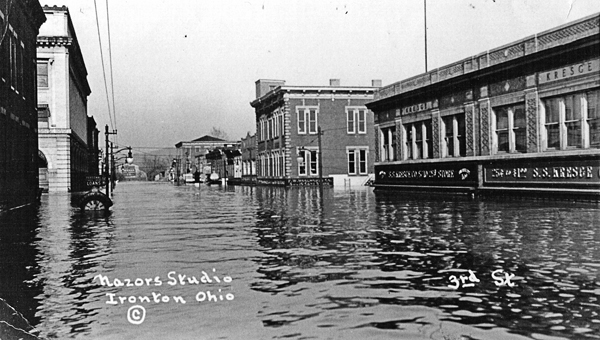On reviewing my novel Not on Fifth Street, one reviewer felt it was not realistic for the mother character to allow her 14-year-old son to take charge of the house. My point in writing this post is not to complain about a review, but to explain the reasons my character did what she did.
Family Life in 1937
In 1937, a 14-year-old boy was considered by many to be nearly a man. And if his father put him in charge, the mother would likely acquiesce.
I am not saying it was her best choice, but my books are meant to show, as accurately as I can, the way things were in a different time period.
Many things have changed! Thank heaven! But I want my readers to realize the change by seeing what was.
The character of Ruth Brinkmeyer in my book was inspired by my grandmother, who was one of the strongest women I knew. She raised eight children during the Great Depression and helped feed them by keeping an abundant garden, canning her produce, and even making her own ketchup. She baked her own bread and got through the struggles of everyday life with her strong faith.
I loved and admired Grandma, but she was a woman of the time period in which she lived. She believed her sons should go to college, but not her daughters. Girls were expected to grow up to become wives and mothers, and she considered higher education for them a waste of money.
Much Has Changed
Women have shed those beliefs in gradual phases, beginning with women who disagreed with the norm. Women got the right to vote a mere hundred years ago, and now they hold office and run companies. Equal pay has still not been achieved, but we are attempting to change that now. Gradual phases.
My own mother was college educated when she married my father. She earned her Masters degree when she had seven children at home. Yet, my parents hung onto many traditional differences between what girls did and what boys did. My sisters and I washed dishes and dusted. My brothers mowed the lawn and washed the car.
By the time I had my own children, the girls also mowed the lawn. Their father taught them to change a tire before they were allowed to learn to drive. Differences began to blur.
Today’s world is vastly different from 1937, and it continues to change. We can help to change it for the better, but we need to see how far we’ve come and realize how change occurs.
My books continue to show a world from the past, but I live very much in the present, and I look forward to a new and better future.



